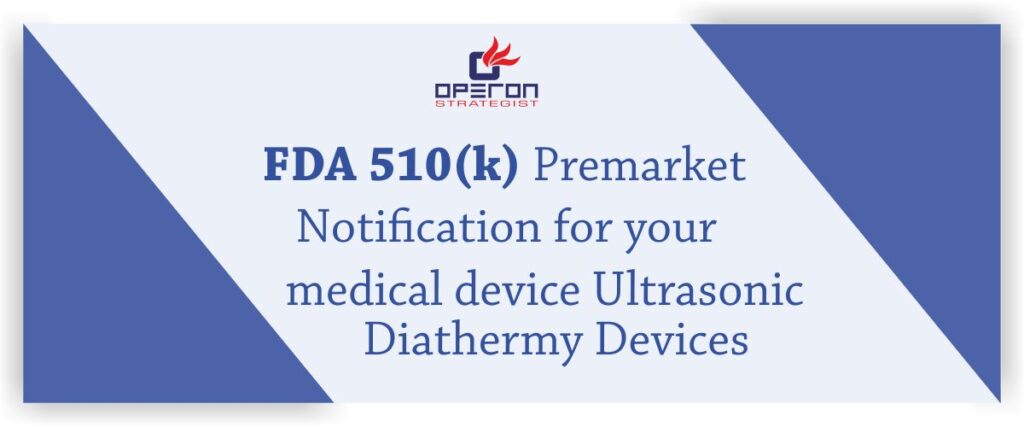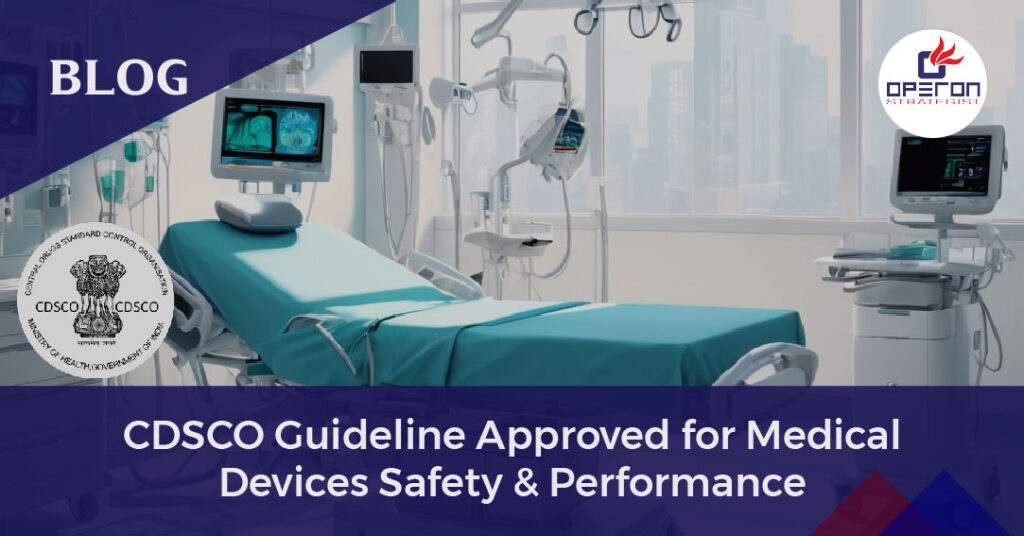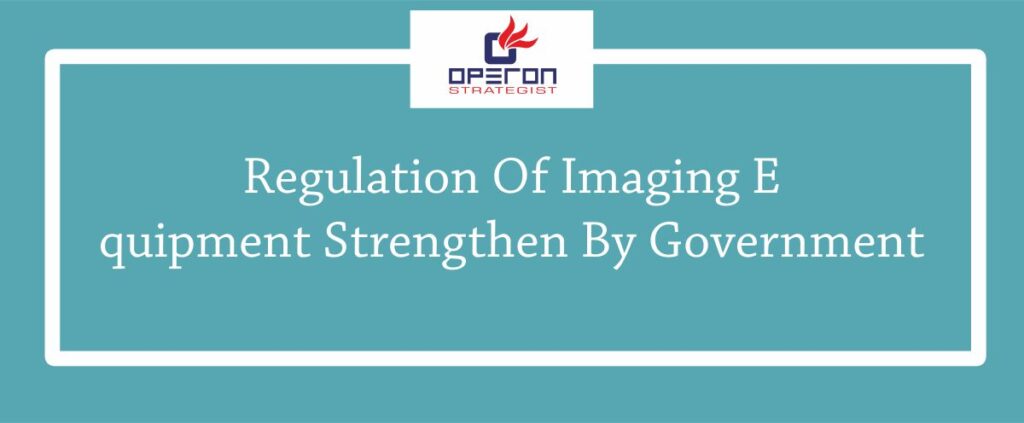Risk-Based CAPA Process
Corrective and Preventive Actions (CAPA) are crucial components of quality management systems, particularly in medical devices, pharmaceuticals, and manufacturing industries. A risk-based CAPA process helps organizations prioritize and address issues effectively, ensuring product quality and compliance with regulatory standards. Companies can create a risk-based CAPA process and comply with the latest revision of ISO 13485:2016 updates to ISO 13485.
Know more about Purpose And Process Of Corrective Action And Preventive Action(CAPA)
Looking For a Medical Device Regulatory Consultant?
Let’s have a word about your next project
Structured Approach to Developing a Robust Risk-Based CAPA Process
1. Understand the CAPA Requirements
Begin by familiarizing yourself with the relevant regulatory standards and guidelines, such as ISO 13485, FDA 21 CFR Part 820, and other applicable regulations. Understanding these requirements will guide your CAPA process and ensure compliance.
2. Identify Risks
Conduct a thorough risk assessment to identify potential hazards associated with your products and processes. Utilize tools such as Failure Mode and Effects Analysis (FMEA), Fault Tree Analysis (FTA), or risk matrices to evaluate the severity and likelihood of risks. Engaging cross-functional teams can provide diverse perspectives and enhance the identification process.
3. Prioritize Risks
Once risks are identified, prioritize them based on their potential impact on product quality, patient safety, and regulatory compliance. Use criteria such as severity, occurrence, and detectability to rank risks. This prioritization will help you focus resources on addressing the most critical issues first.
4. Establish a CAPA Plan
Develop a comprehensive CAPA plan that outlines the specific actions needed to address identified risks. This plan should include:
- Root Cause Analysis (RCA): Investigate the underlying causes of identified issues to ensure that corrective actions are effective.
- Corrective Actions: Define actions that will be implemented to correct identified nonconformities or deficiencies.
- Preventive Actions: Outline strategies to prevent the recurrence of similar issues in the future.
5. Implement Actions
Execute the CAPA plan by implementing the corrective and preventive actions. Ensure that the actions are well-documented, and communicate them to all relevant stakeholders. Training may be necessary to ensure that all personnel understand the new procedures and changes.
6. Monitor Effectiveness
After implementing CAPA actions, monitor their effectiveness to ensure they resolve the identified issues. Use metrics and key performance indicators (KPIs) to evaluate the success of the actions taken. Regular audits and reviews can help verify that the CAPA process is functioning as intended.
7. Document and Review
Maintain comprehensive documentation of all CAPA activities, including risk assessments, action plans, implementation results, and monitoring data. Regularly review the CAPA process to identify areas for improvement and ensure ongoing compliance with regulatory requirements.
8. Continuous Improvement
Adopt a culture of continuous improvement by regularly evaluating and refining your risk-based CAPA process. Solicit employee feedback, conduct periodic reviews, and stay informed about industry best practices. This proactive approach will enhance your organization’s ability to respond to emerging risks and challenges.
Get Expert Medical Device Regulatory Consultancy Services
Role of Operon Strategist
In navigating the complexities of regulatory compliance, partnering with a consultant like Operon Strategist can be invaluable. As a medical device regulatory consultant, Operon Strategist offers expertise in establishing and maintaining a compliant CAPA process tailored to your organization’s unique needs. Their role includes:
- Regulatory Compliance: Operon Strategist helps organizations understand and implement the necessary regulatory requirements, ensuring that CAPA processes align with standards such as ISO 13485 and FDA regulations. Their guidance ensures that your processes not only meet compliance standards but also enhance overall product quality and safety.
- Turnkey Project Consultant: In addition to regulatory compliance, Operon Strategist provides comprehensive support as a turnkey project consultant. This means they can assist in setting up quality management systems from the ground up, ensuring that your CAPA processes are integrated into your broader operational framework seamlessly.




